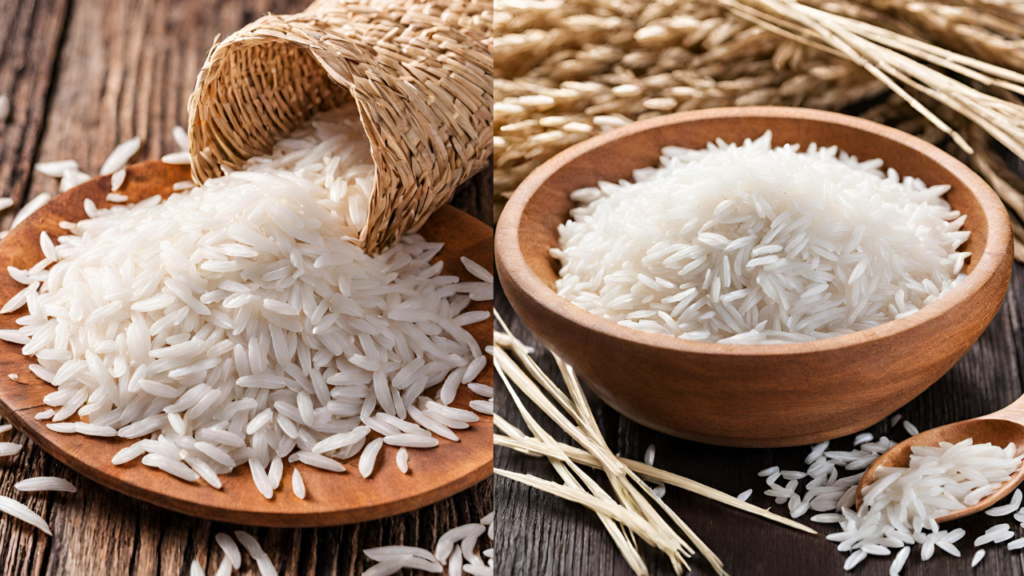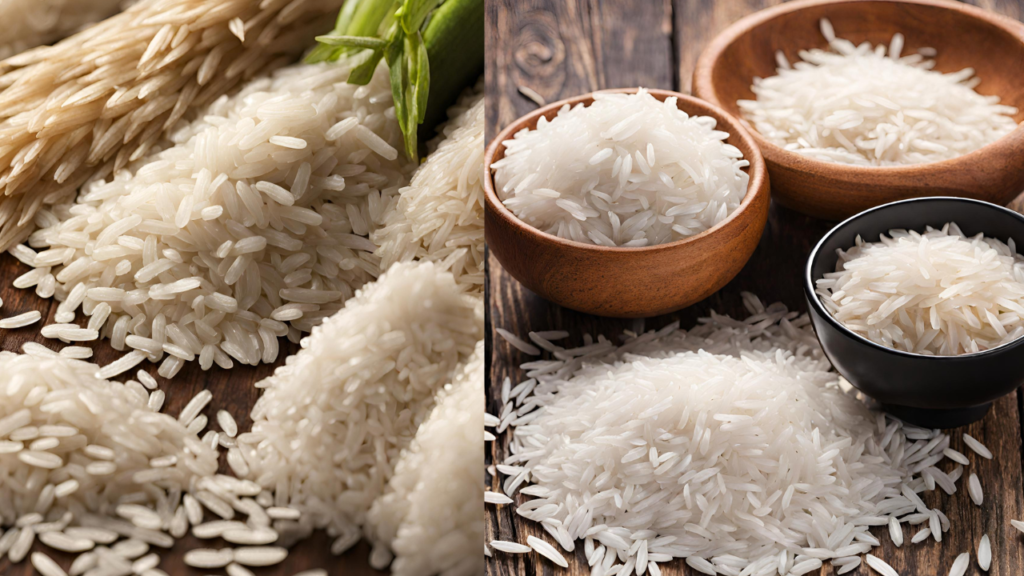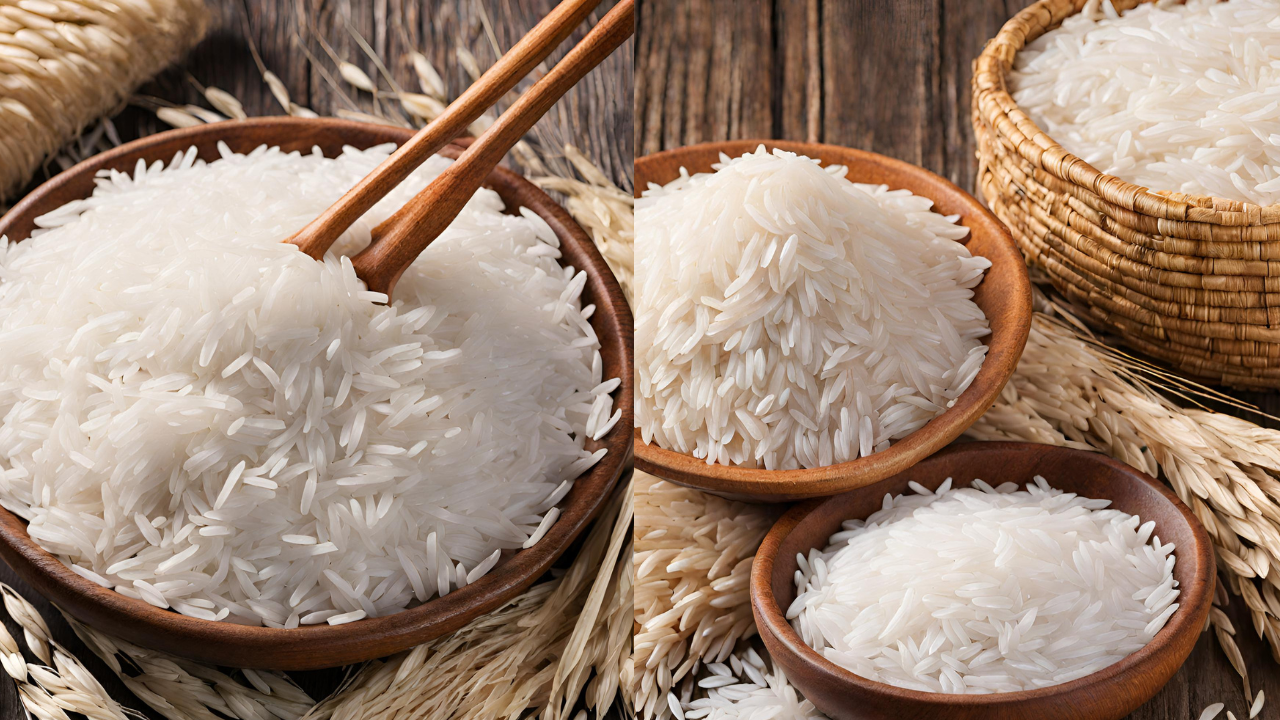SEO Meta Description
Discover the amazing benefits of eating rice in this comprehensive article. From improved digestion to enhanced energy levels, rice offers a plethora of advantages for your health and well-being.
Rice, a staple food for billions worldwide, holds an esteemed position in culinary traditions across cultures. Beyond its culinary allure, rice boasts a myriad of health benefits, ranging from nutritional value to potential disease prevention. Delve into the wonders of rice consumption and uncover the multitude of advantages it brings to the table.
Introduction
In the realm of grains, rice stands as an emblem of sustenance and nourishment. Renowned for its versatility and palatability, rice transcends cultural boundaries, finding its way onto plates in diverse cuisines globally. However, its appeal extends far beyond taste; rice offers a host of health benefits that contribute to overall well-being.
Table of Contents
Rice: A Nutritional Powerhouse
Rice serves as a nutritional powerhouse, providing essential nutrients crucial for optimal health. Enriched with carbohydrates, it serves as a primary source of energy, fueling bodily functions and sustaining vitality throughout the day. Moreover, rice contains protein, vital for muscle repair and growth, making it a valuable addition to a balanced diet.
Enhanced Digestive Health with Rice Consumption
Consuming rice promotes digestive health, thanks to its fiber content. Fiber aids in maintaining bowel regularity, preventing constipation and promoting a healthy gut environment. Additionally, rice soothes the digestive tract, making it an ideal choice for individuals with sensitive stomachs.

Rice: Fueling Physical Performance
Athletes and fitness enthusiasts often turn to rice as a dietary staple to fuel their physical endeavors. Its carbohydrate-rich composition replenishes glycogen stores, providing sustained energy during strenuous activities. Whether engaging in endurance training or high-intensity workouts, incorporating rice into one’s diet can enhance performance and endurance.
Rice: A Gluten-Free Alternative
For individuals with gluten sensitivities or celiac disease, rice offers a safe and satisfying alternative to gluten-containing grains. Its naturally gluten-free composition ensures those with dietary restrictions can still enjoy delicious and nutritious meals without compromise.
The Role of Rice in Heart Health
Studies suggest that regular consumption of rice may contribute to heart health. With its low sodium content and absence of cholesterol, rice helps maintain healthy blood pressure levels and reduces the risk of cardiovascular disease. Furthermore, certain varieties of rice, such as brown rice, contain compounds that support heart health, including antioxidants and heart-healthy fats.

Rice: Aiding in Weight Management
Incorporating rice into a balanced diet can facilitate weight management efforts. Its low-fat content and moderate calorie density make it a filling yet nutritious option for meals. By promoting satiety and preventing overeating, rice can support individuals striving to achieve and maintain a healthy weight.
Rice: Cultivating Mental Well-being
Beyond its physical benefits, rice also plays a role in nurturing mental well-being. As a source of complex carbohydrates, rice aids in serotonin production, the neurotransmitter responsible for mood regulation. Including rice in meals can contribute to a stable mood and enhanced emotional resilience.
FAQs (Frequently Asked Questions)
Is rice suitable for individuals following a gluten-free diet?
Yes, rice is naturally gluten-free, making it an excellent choice for those with gluten sensitivities or celiac disease.
Can rice aid in weight loss?
While rice itself doesn’t directly cause weight loss, its low-fat, high-fiber composition can support weight management efforts when incorporated into a balanced diet.
What is the recommended serving size of rice?
The recommended serving size of rice varies depending on individual dietary needs and preferences. However, a standard serving is typically around half a cup of cooked rice.
Are there different types of rice, and do they offer varying health benefits?
Yes, there are several types of rice, including white, brown, jasmine, and basmati, each with its own unique nutritional profile. While white rice is more processed and lower in nutrients, brown rice retains its bran and germ, offering additional fiber and nutrients.
Can rice consumption contribute to blood sugar spikes?
The impact of rice on blood sugar levels varies depending on factors such as the type of rice consumed and portion size. Opting for whole grain varieties like brown rice can help mitigate blood sugar spikes due to their higher fiber content.
How should rice be stored to maintain freshness?
To preserve the freshness of rice, store it in a cool, dry place in an airtight container. Avoid exposure to moisture and sunlight, which can compromise its quality.
Conclusion
In conclusion, the benefits of eating rice extend far beyond mere sustenance, encompassing aspects of health, nutrition, and overall well-being. From its role in supporting digestive health to its contribution to heart health and weight management, rice stands as a formidable ally in the pursuit of a healthy lifestyle. By incorporating rice into your diet mindfully, you can harness its myriad benefits and savor the joys of good health.
